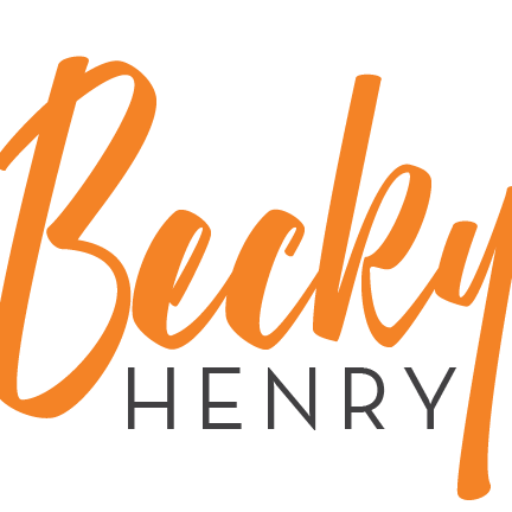
 Hello Dear Caregivers and Clinical Colleagues,
Hello Dear Caregivers and Clinical Colleagues,
I hope you are able to have some moments to renew your spirits this holiday weekend.
Not only are the hours of sunlight short in the northern hemisphere and the coming days getting cooler (thank goodness after what has been a very hot summer for most places), the world can be a very uncertain and scary place. I’m walking my talk of PRACTICING resilience skills.
For those of you who are regular readers of this newsletter/blog, first of all, THANK YOU! Second of all, you may recognize this piece on resilience from a while back. Like balance, resilience isn’t something we achieve and then ‘ta-da’ we’re set for life. So I’m sharing a few ideas as we start the late summer into fall season on this Labor Day Weekend to increase your resilience might help. Clinicians, feel free to share this with families of your clients.
Eleanor Roosevelt embodied resilience her whole life. And like many of us right now in this unrelenting pandemic/endemic causing long covid in some and temporary illness in others, Eleanor likely had days when it felt impossible to practice resilience. As a little girl having both parents die within two years, she had to have felt powerless. She had a child die. She watched her husband lose his ability to walk. Yet she transformed herself to become a leader, organizer, political activist and a first lady who broke barriers.
We can allow experiences to destroy us or transform us. Often we cannot change the situation…what we can change is how we allow the experiences to make us stronger or better in some way or we can allow the experiences to take us down. We will never be the same again. And when we practice growing our resilience, we can blossom.
Practicing resilience is key, like any skill it takes time, and conscious effort along with seeing what doesn’t work.
You may want to consider practicing one or more of these resilience tools to adapt, grow stronger and empower yourselves:
- SOCIAL CONNECTIONS: Lack of social connections with others who understand our challenges is one of the main factors that drove me to start my business, so that caregivers of those with eating disorders wouldn’t have to experience the isolation that I did as a family caregiver. The evidence I see daily when parents and other family caregivers have the support of a community who gets it is profound in helping them to have hope and grow into caregivers who are; calm, compassionate and confident. Belief in hope can help undo the damage to our brains that the worry toll takes.It takes a community to believe in us so we can learn to see that we have a choice about our crisis taking us down or growing us. When we have a person or people who believe in us, listen, encourage us and remind us that we’ve made it through challenges in the past, we can learn to cope with our new normal.
- ROUTINES: Having some things that are the same can help us feel safe and increase our resilience. Even if these are just basic daily habits they can help us have some normalcy. Uncertainty increases anxiety. The more we can incorporate routines into our days, the more calm and safe we can feel.
- FUN: Finding ways to have fun in the midst of caregiving is not impossible. It takes more creativity and can include; dancing in the kitchen, reading books, singing, movies, games, playing cards, hiking, biking, skiing, doing the hoola-hoop, learning chess, doing kind acts for neighbors or exploring new hobbies.
- MINDFULNESS: Can include; meditation, managing our thoughts, making a spiritual practice of focusing on what is good, what’s working, what we can control and what we are grateful for. There are endless ways to practice mindfulness.
- PURPOSE: Find something that matters to you that you can do something about. When we care about something and find constructive, interesting, challenging ways to help that situation, it can take us out of our own misery and empower us and lift us up.
- SHIFT PERSPECTIVES: We can choose to shift how we look at things, our brains are amazing that way. Check out this article on resilience if you’d like to learn more.
We can do this. Together. Feel free to share your ideas for creating resilience.
If you need some support with growing your resilience as a caregiver of someone with an eating disorder, reach out. I’ve trained others to do the work I do so even more families can get the help, hope and tools needed.
Remember, you did not cause this, you cannot control this and it’s not yours to cure.
 Until the Standard Of Care is changed, I created easy solutions that clinicians can provide for families that are ready to go and simple to provide with no extra work. Every parent who is facing these deadly illnesses could use a hug. Clinicians and parents alike can access my HUG Kits easily and affordably to create a plan to become; calm, compassionate, confident, trusting, resilient and attuned.
Until the Standard Of Care is changed, I created easy solutions that clinicians can provide for families that are ready to go and simple to provide with no extra work. Every parent who is facing these deadly illnesses could use a hug. Clinicians and parents alike can access my HUG Kits easily and affordably to create a plan to become; calm, compassionate, confident, trusting, resilient and attuned.
Feel free to contact me to learn more about how HUG Kits and our Recovery Roadmaps webinar series can support the work you’re doing with families in your private practice or clinic.
